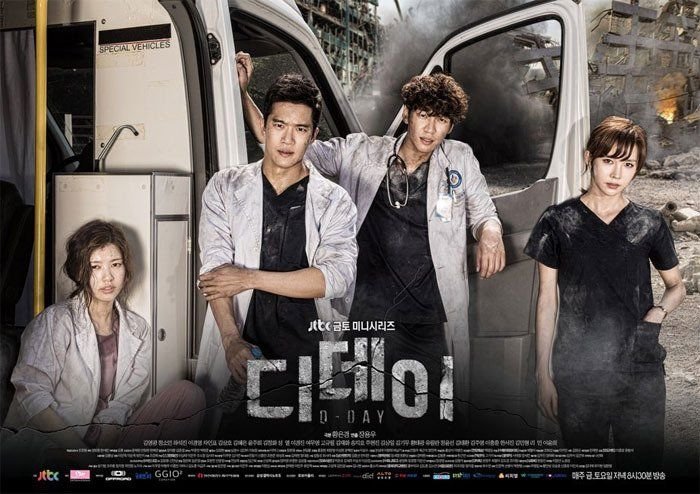
Korean cinema has made waves globally, not just for its intricate storytelling but also for its ability to blend real-life events with emotional depth and cinematic brilliance. Here are seven reality-based Korean movies, their stories, main characters, and why they resonate with audiences:
1. The Attorney (2013)
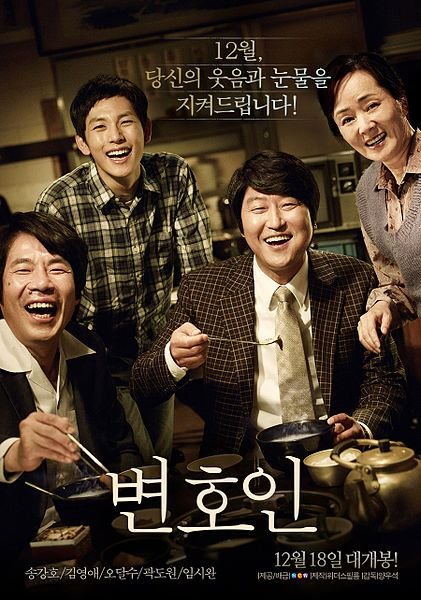
Director: Yang Woo-seok
Story: Based on the early life of former South Korean President Roh Moo-hyun, this movie portrays the transformation of a tax lawyer into a human rights advocate.
Main Characters:
- Song Woo-seok (Song Kang-ho): A successful lawyer motivated initially by profit.
- Park Jin-woo (Im Si-wan): A young student accused of being a communist.
- Cha Dong-young (Oh Dal-su): Song’s assistant and confidant.
Plot: Set in the 1980s during South Korea’s military dictatorship, the film follows Woo-seok as he takes on a politically charged case defending Jin-woo, who is falsely accused of subversion. Witnessing the brutal torture and violation of human rights, Woo-seok’s resolve strengthens, leading to a climactic courtroom battle. The movie highlights themes of justice, courage, and morality.
Reception: The film was a massive box office success and became a cultural phenomenon, reigniting conversations about South Korea’s political history.
2. Silenced (2011)
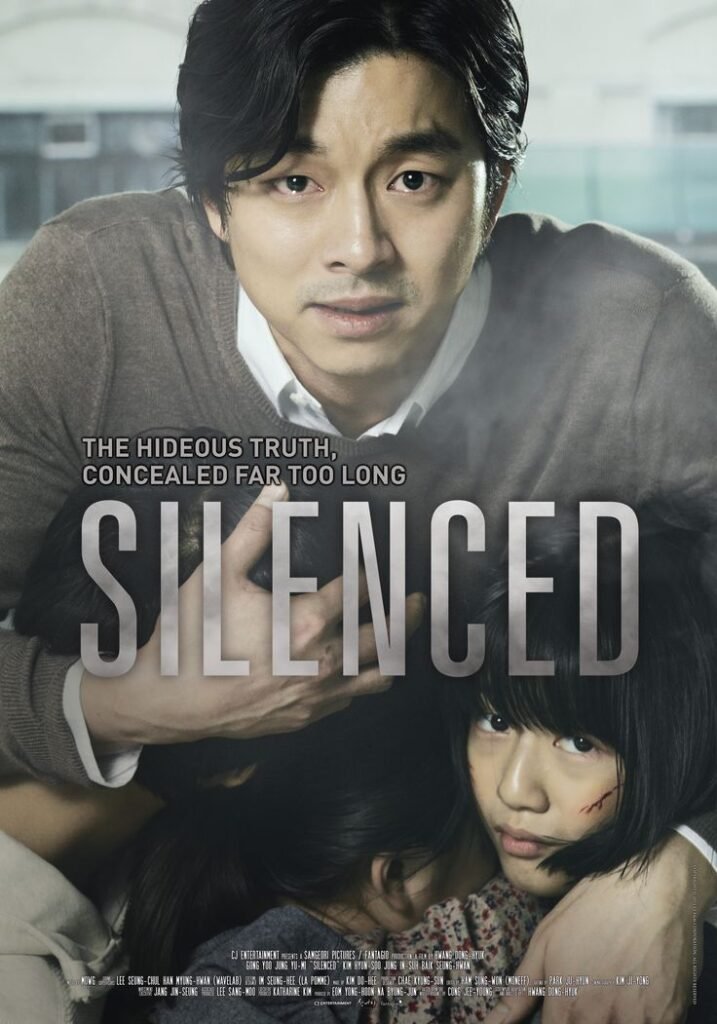
Director: Hwang Dong-hyuk
Story: This harrowing film is based on Gong Ji-young’s novel, which recounts the real-life sexual abuse of students at a school for the hearing-impaired in Gwangju.
Main Characters:
- Kang In-ho (Gong Yoo): A new art teacher at the school.
- Seo Yoo-jin (Jung Yu-mi): A human rights activist helping In-ho.
- The Victims: A group of hearing-impaired students subjected to horrific abuse.
Plot: In-ho uncovers the horrifying abuse of students by faculty members. He teams up with Yoo-jin to expose the perpetrators. Despite facing systemic corruption and societal apathy, they fight for justice. The film’s raw portrayal of injustice leaves a lasting impact.
Reception: The movie led to public outrage, resulting in legislative changes, including the abolition of the statute of limitations for sexual crimes against minors.
3. Hope (2013)
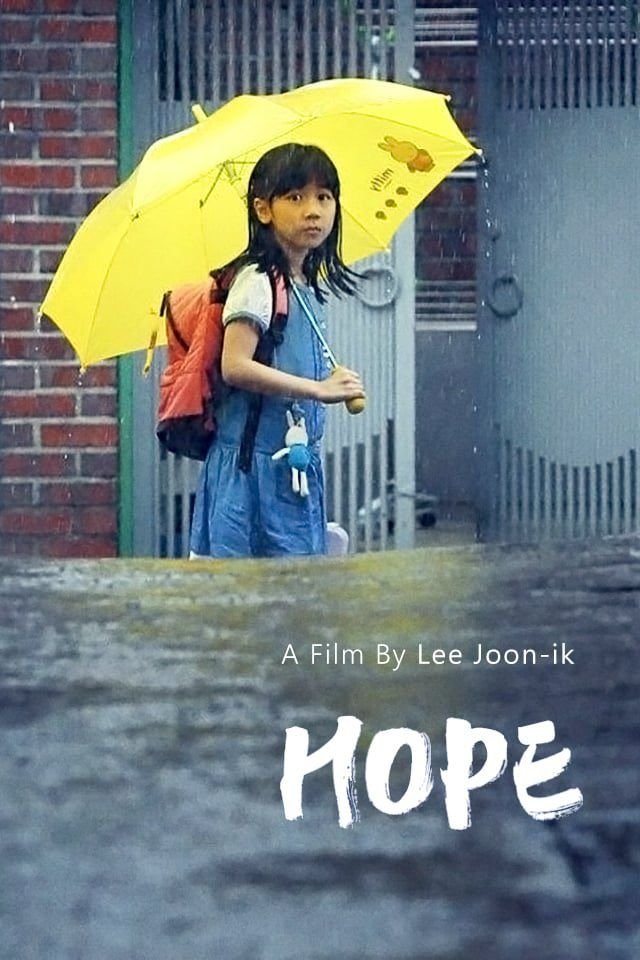
Director: Lee Joon-ik
Story: This emotionally charged film is based on a real incident where an 8-year-old girl was brutally assaulted in 2008.
Main Characters:
- Im Dong-hoon (Sol Kyung-gu): The father of the victim.
- Kim Mi-hee (Uhm Ji-won): The mother of the victim.
- So-won (Lee Re): The young girl who survives the attack.
Plot: After So-won’s traumatic experience, her family struggles to help her heal emotionally and physically. The film captures the resilience of a family as they navigate the justice system and societal judgment, offering a poignant look at love and recovery.
Reception: “Hope” received critical acclaim for its sensitive handling of a difficult subject, bringing attention to the need for victim support in South Korea.
4. 1987: When the Day Comes (2017)
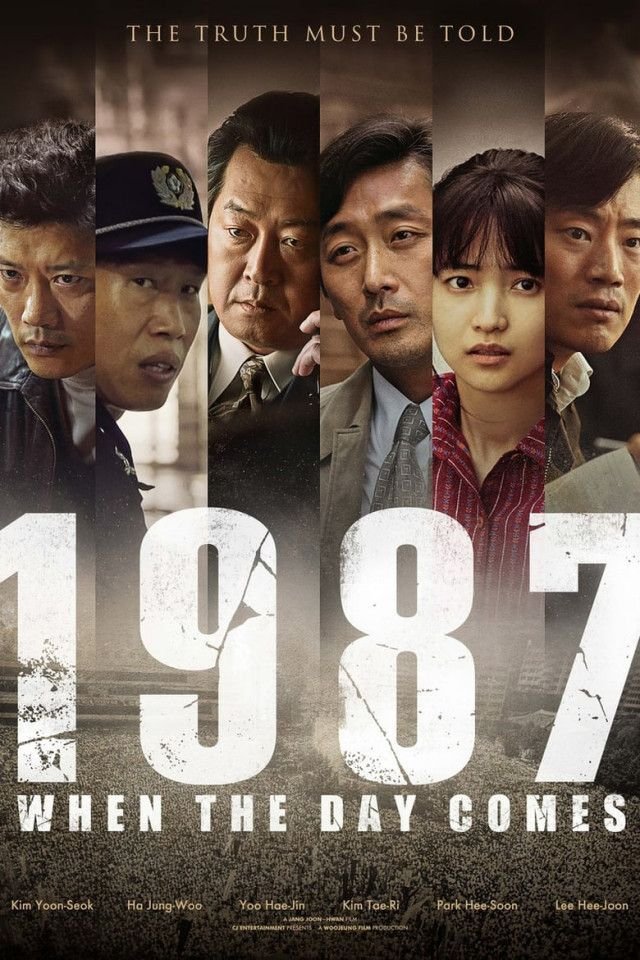
Director: Jang Joon-hwan
Story: This political drama depicts the events surrounding the death of student activist Park Jong-chul in 1987, a key moment in South Korea’s democratization movement.
Main Characters:
- Park Jong-chul (Yeo Jin-goo): A student tortured to death.
- Choi Hwan (Kim Yoon-seok): A prosecutor complicit in the cover-up.
- Kim Jung-nam (Ha Jung-woo): A journalist exposing the truth.
- Yeon Hee (Kim Tae-ri): A young woman inspired to join the movement.
Plot: The film intricately weaves the perspectives of various individuals involved in or affected by the incident. The resistance of whistleblowers and activists leads to nationwide protests, culminating in a pivotal victory for democracy.
Reception: The film was celebrated for its historical accuracy and powerful performances, rekindling national pride in South Korea’s democratic achievements.
5. Memories of Murder (2003)
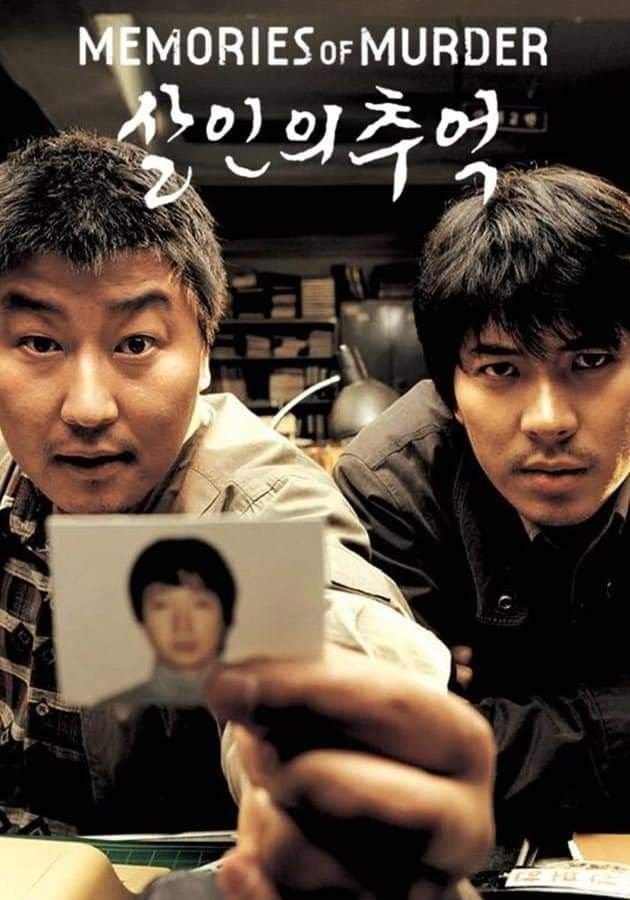
Director: Bong Joon-ho
Story: Loosely based on South Korea’s first serial murders in Hwaseong during the 1980s.
Main Characters:
- Park Doo-man (Song Kang-ho): A local detective.
- Seo Tae-yoon (Kim Sang-kyung): A detective from Seoul.
- The Unnamed Killer: The mysterious serial murderer.
Plot: Park and Seo struggle to solve a series of brutal murders. Their differing methods clash, with Park relying on intuition and Seo on evidence. The lack of forensic technology and a false lead create tension, culminating in an unresolved ending that leaves the audience haunted.
Reception: Considered a masterpiece, the film remains one of Korea’s finest crime dramas. In 2019, the real murderer was identified, adding a new layer of poignancy to the film.
6. A Taxi Driver (2017)
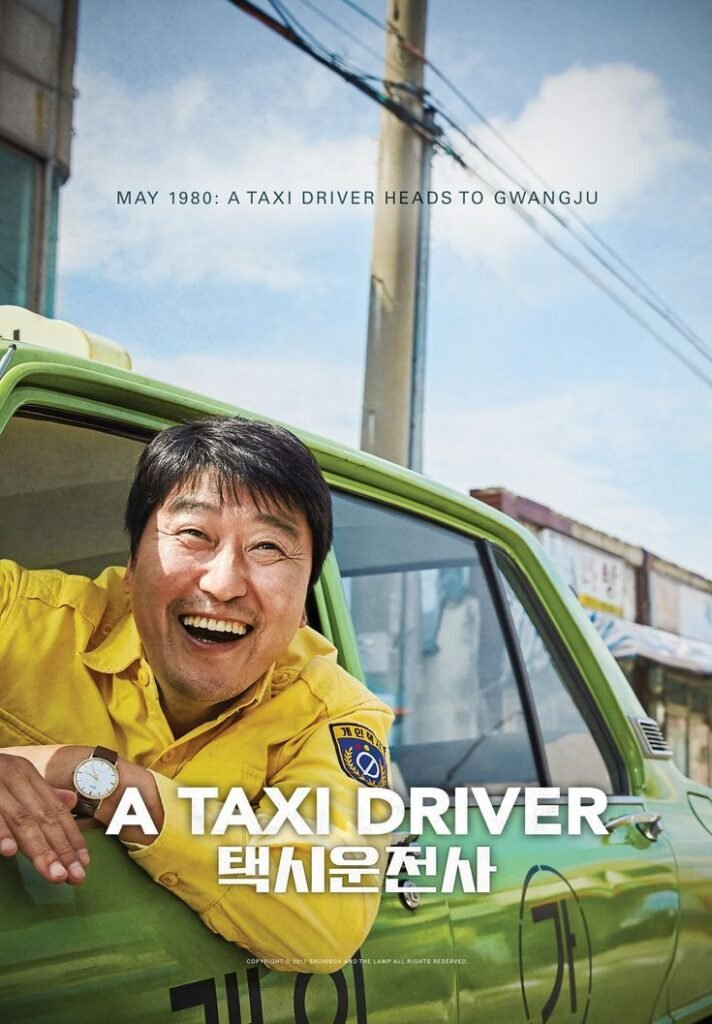
Director: Jang Hoon
Story: Based on the true story of a taxi driver who helped a German journalist cover the Gwangju Uprising in 1980.
Main Characters:
- Kim Man-seob (Song Kang-ho): A taxi driver.
- Peter (Thomas Kretschmann): A German journalist.
Plot: Man-seob unknowingly takes Peter to Gwangju, where they witness the brutal government suppression of pro-democracy protesters. Initially motivated by money, Man-seob’s perspective changes as he risks his life to help Peter report the truth.
Reception: The film received widespread acclaim, becoming a box office hit and a poignant reminder of South Korea’s fight for democracy.
7. The Chaser (2008)
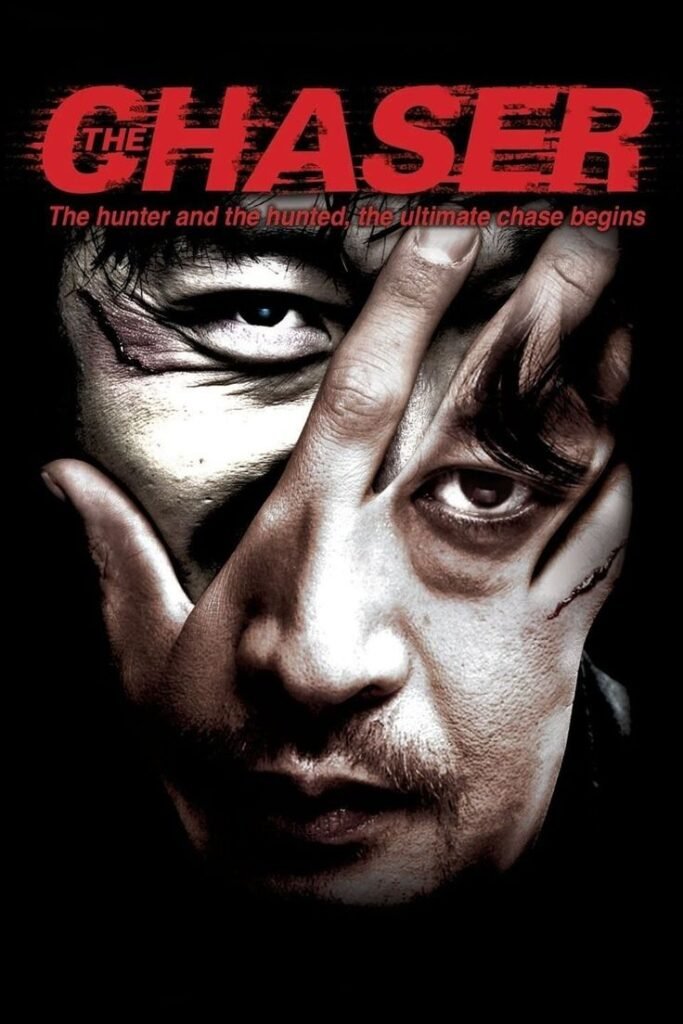
Director: Na Hong-jin
Story: Inspired by the crimes of real-life serial killer Yoo Young-chul.
Main Characters:
- Jung-ho (Kim Yoon-seok): A former detective turned pimp.
- Young-min (Ha Jung-woo): A psychopathic killer.
Plot: Jung-ho discovers that several of his missing employees were murdered by Young-min. A gripping chase ensues, with Jung-ho racing against time to save the next victim. The film’s tension is heightened by Jung-ho’s moral dilemma and systemic failures.
Reception: “The Chaser” was praised for its intense pacing and chilling portrayal of evil, cementing its place in Korean thriller cinema.
Conclusion
These films, rooted in reality, not only entertain but also shine a light on historical, social, and psychological issues in South Korea. From courtroom dramas to political thrillers and crime stories, these masterpieces reflect the resilience and complexity of the human spirit. They continue to resonate with audiences worldwide, offering powerful narratives that transcend borders.
